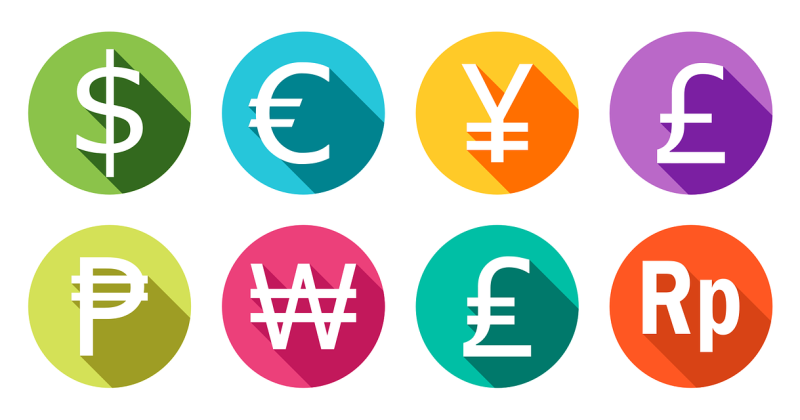Susan O'Rourke | March 4, 2024

The BBC recently featured the story of Tracy Rabi, “a 13-year-old from Tanzania who is on a mission to teach other kids about money and entrepreneurship.” Rabi, who has written three books for children, emphasizes how empowering financial literacy can be. By learning about money, savings, and investment from a young age, Rabi was able to develop greater independence and confidence and envision future career opportunities, like owning a business. For Rabi, though, this vision is not only one of individual success but also of communal empowerment. Investing in a generation of financially informed young people is an investment in local and national economies.
Financial literacy education has received increasing support from local activists, international monetary organizations, and government institutions across the globe. In their 2014 report on “Financial Education for Youth: The Role of School,” the Organization for Economic Cooperation and Development (OECD) emphasized that “Financial education should start as early as possible, ideally from the beginning of formal schooling, and carry on until the end of the students’ time at school.” With this in mind, governments and institutions have created programs and guidelines in order to empower the next generation of consumers, savers, and citizens knowledgeable of the financial systems that impact their lives and livelihoods.
Countries’ guidelines on teaching personal finance are often informed by local culture, including attitudes towards money, spending, and debt; the state of the economy; and the range of employment opportunities open to individuals in a region. A report from the Alliance for Financial Inclusion in October 2020 discussed how different countries in Latin America and the Caribbean define “financial education” and the ensuing educational guidelines or programs they have offered. In Uruguay, for example, “financial education seeks to strengthen some behaviors and change others, so as to achieve an impact on people’s income, improve the management and protection of their assets, and to make effective use of financial services….[Financial education] is not just simply a matter of offering information about the financial system.” Thus, the Banco Central de Uruguay has established an educational program called BCUEduca that takes “on a playful and experiential methodology that involves holding educational fairs, workshops and teaching materials.” The program itself is based on the guide for educators found in, “Economy and Finance for teachers: theoretical-practical guide for educators of girls, boys and adolescents” , [a training program] jointly prepared with CAF – Development Bank of Latin America and in agreement with the National Administration of Public Education (ANEP).”
In Germany, likewise, the “Federal Finance Minister, Christian Lindner, and the Federal Minister of Education and Research, Bettina Stark-Watzinger [joined together] to improve the financial literacy of young and old alike, to which end they have launched the Financial Literacy Initiative in Berlin.” The leaders emphasized that “[including] everything from understanding one’s personal mobile phone contract to starting to plan for retirement early on,” financial literacy initiatives can help Germans achieve “‘financial independence,’” develop long-term saving strategies, and close knowledge gaps associated with on social status or gender. This initiative is designed both to help adults catch up on financial literacy and to provide young people with strong foundations through school-based programming.
Educators around the globe are critical to this movement to foster financial literacy among students and develop the next generation of informed consumers, savers, investors, and business owners. We at UNC World View invite educators to attend the upcoming free virtual program on the “Cultural Dimensions of Personal Finance” (March 7, 2024) to learn more about how educators can navigate different—and sometimes conflicting—financial cultures. Register today and check out the resources below!
Educator Resources:
- Tracy Rabi: What You Should Know Before You Start Saving
- NextGen Personal Finance
- Edutopia: Getting Started Teaching Personal Finance
- MyMoney.gov Resources for Teachers and Educators
- Consumer Financial Protection Bureau Teaching Resources
- Grade Level Guides
- Strategies to Teach the Building Blocks of Financial Capability
- Teaching Activities by Grade Level, Including:
- Playing a Need or Want Game (Grades K-1)
- Borrowing or Buying (Grades K-1)
- Learning About Insurance (Grades 2-5)
- Mapping Your Money Journey (Grades 4-5)
- Exploring Entrepreneurship (Grades 4-8)
- Analyzing Credit Card Statements (Grades 6-8)
- Understanding Who Shapes Your Money Decisions (Grades 6-12)
- Comparing Higher Education Choices (Grades 6-12)
- Understanding Redlining (Grades 9-12)
- Investigating Payroll Tax and Federal Income Tax Withholding (Grades 9-12)
